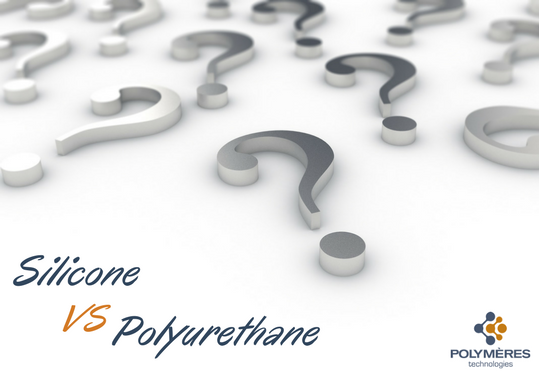
What work best for your application: silicone or urethane ?
Choosing the appropriate resin to make your mold is of course an important step in order to achieve good results for your final pieces, but it is also crucial from a rational and economic point of view.
How to know which resin works best for your application, its specificities and your demands ? What are the criteria upon which your selection of thermosetting resin should be made ?
See the table below and learn more on the respective strengths and weaknesses of urethane and silicone
| URETHANE | SILICONE | |
| WEAR RESISTANCE | allows production of hundred parts, even thousands of casted pieces depending on the density and design of the piece. | allows approx. 50-75 casts depending on the design and the easyness of the demolding process. |
| TEAR AND ABRASION RESISTANCE | STRONG Perfect for pieces with negatives angles. Works for resin, concrete or plaster molding | WEAK TO MEDIUM Depending on the shore (SHORE A) |
| SHORE | from 10 shore A > 95 shore A | from 6 shore A > 80 shore A. |
| ELONGATION | From 200% > 1 300% | From 50% > 700%. |
| VISCOSITY ( CPS ) | viscosity from 400 cps > 2500 cps. | ~10,000 à 100,000 cps depending on the system |
| DEMOLDING OPERATION | Requires the use of a releasing agent | Easy and efficient demolding process for complex pieces |
| COMPLEXITY & PRECISION | casted pieces can have complex designs with (more or less important) negative angles | High level of accuracy in reproduction of details |
| PAINTING | indicated for artistic and industrial pieces that are not to be painted | Indicated for pieces that are to be painted ( no risk of eye’s fich phenomenon) |
| COST | $$ | $$$$ |
Consequently, as illustrated in our table, there is pros and cons for each family.
To put in a nutshell, silicones are usually the best choices for small production of detailed pieces that might need to be painted but they are also more costly.
On the other hands, urethane molds offer higher resistance and are well adapted to mass production.However if urethane molds are usually less expensive than silicone mold, using a release agent is also required.
If you want more information or technical support, please contact our team of experts : 1.450.250.3058
